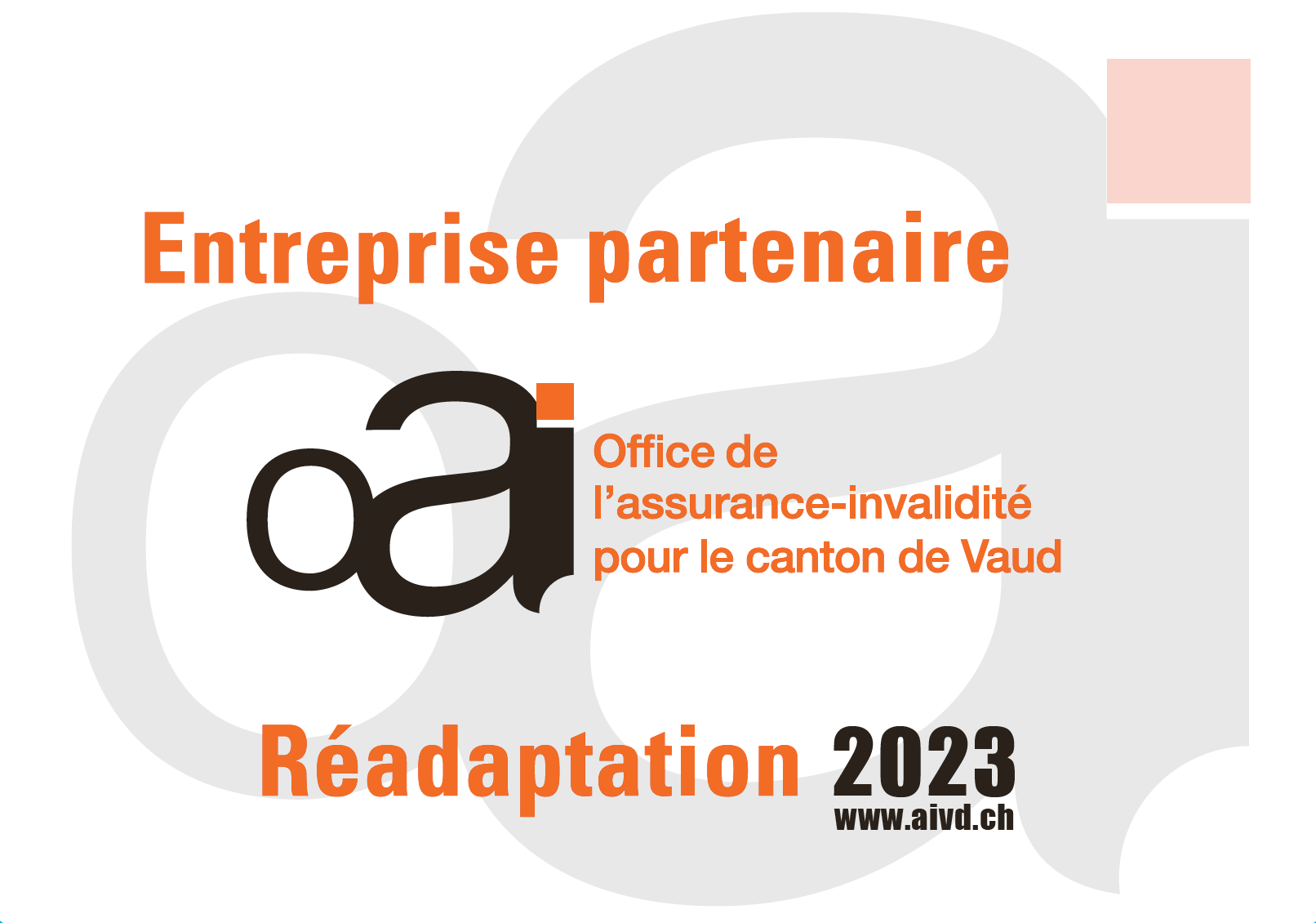Do you ever look in the mirror and think, where did all this grey hair come from? Or better yet, where did all my hair go? Whether you are willing to face it or not, time passes, and we all get older.
As you age, one thing you are probably thinking about more and more is retirement. Whether you’re on the cusp of this life milestone or just realizing that you have more than a decade or so left to save, you should take some time to consider your retirement prospects seriously.
How much have you managed to save so far?………How do you know how much is enough?………..How much have other people your age saved?
The truth is when it comes to savings most people are falling short. Nearly 60% of adults have less than 5,000 in their savings accounts, with retirement funds looking equally bleak. This harsh reality stems from the younger generation and their inability to save. We’ve all heard the saying, “I’ll save more when I’m making more”. But whether you’re making 50,000 a year or 200,000 a year, we all have challenges saving money. Generally, what happens is when people make more, they end up spending more. A bigger house, a nicer car, more holidays, the list can be endless.
The sooner you start saving for retirement or any other major purchases in life the better. After all, time is on your side when you’re young, and thanks to the power of compound interest a small amount put aside each month early on can make a big difference later in life. While the amount you need in savings is highly personal, and specific amounts arbitrary, a simple formula can help you figure out if you’re setting aside enough money.
In your 20s: Aim to save 25% of your overall gross pay. That 25% is the combination of pension withholdings, matching funds from your employer and any cash savings that you have. The trick is to make sure your lifestyle expenses don’t exceed 75% of your gross income.
By age 30: Have the equivalent of your annual salary saved for example. If you earn 100,000 a year, aim to have 100,000 in savings when you hit 30. Again, this includes any retirement account contributions, matching funds from your company, cash savings, or money you have invested elsewhere in index funds or other assets.
By age 40: Have three times your annual salary saved.
By age 50: Have five times your annual salary saved.
By age 60: Have seven times your annual salary saved.
The ideal amount is to have at least 10 times your annual salary by the time you retire, which for most of us will be around 65- 67 years old. While this can sound super daunting today, if you’re putting that money to work starting in your 20s, it’s not as difficult as it sounds.
Of course, these are the ideal numbers, and experience will teach you that things don’t always work out as we plan, life is anything but linear. More than likely you’ll have to adjust, by saving more in some years and less in others, depending on major life events, such as having a child or buying a home.
Employing the services of a financial advisor early on can however ease the burden. They can give you an accurate view of where you are relative to your current lifestyle and the standard of living you hope to have in retirement. Utilizing current technology, they can show you different possible retirement outcomes and how to prepare for both the good and the bad.
They will help you develop a clear understanding of how much money you’ll need to retire based on your own personal requirements as well as establish solutions to help you achieve that taking into account your risk profile. Knowing if you must put your nose to the grindstone and save more money is vital when you’re getting closer to your final working days.
Unfortunately, the consensus thinks that if you don’t have much saved, you don’t have enough to work with an advisor. The truth is you can’t afford to not work with an advisor. The closer you get to retirement the greater the need for capital preservation, as the time to recover from a financial mishap is greatly reduced.
Partnering with an experienced professional will allow you to consistently build wealth whilst managing all the associated risks and challenges along the journey of life. When it comes to finally hanging up those working boots, you’ll be well prepared and ready to put your feet up and enjoy the sunshine







